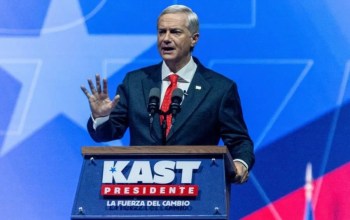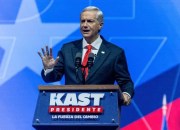The European Union has announced that it is willing to engage in tariff negotiations with the United States, offering a “zero-for-zero” proposal to eliminate tariffs on industrial goods between the two economic powers. European Commission President Ursula von der Leyen emphasized the importance of maintaining a strong transatlantic trade relationship, highlighting the €1.5 trillion ($1.56 trillion) in annual trade between the two sides.
However, von der Leyen also made it clear that the EU will not hesitate to defend its economic interests. “If the U.S. imposes unfair or arbitrary tariffs, the EU will respond firmly,” she stated, signaling the bloc’s readiness to take countermeasures if needed.
Despite this offer of cooperation, President Donald Trump rejected the EU’s proposal, citing the persistent U.S. trade deficit with Europe—estimated at $350 billion. Trump criticized the EU for its restrictive trade practices, particularly in the agricultural and automotive sectors, and demanded broader concessions.
The EU’s dual approach—seeking dialogue while preparing for confrontation—reflects the ongoing complexity of U.S.-EU trade relations. As both sides navigate rising protectionism and global economic uncertainty, the potential for both compromise and conflict remains high.












